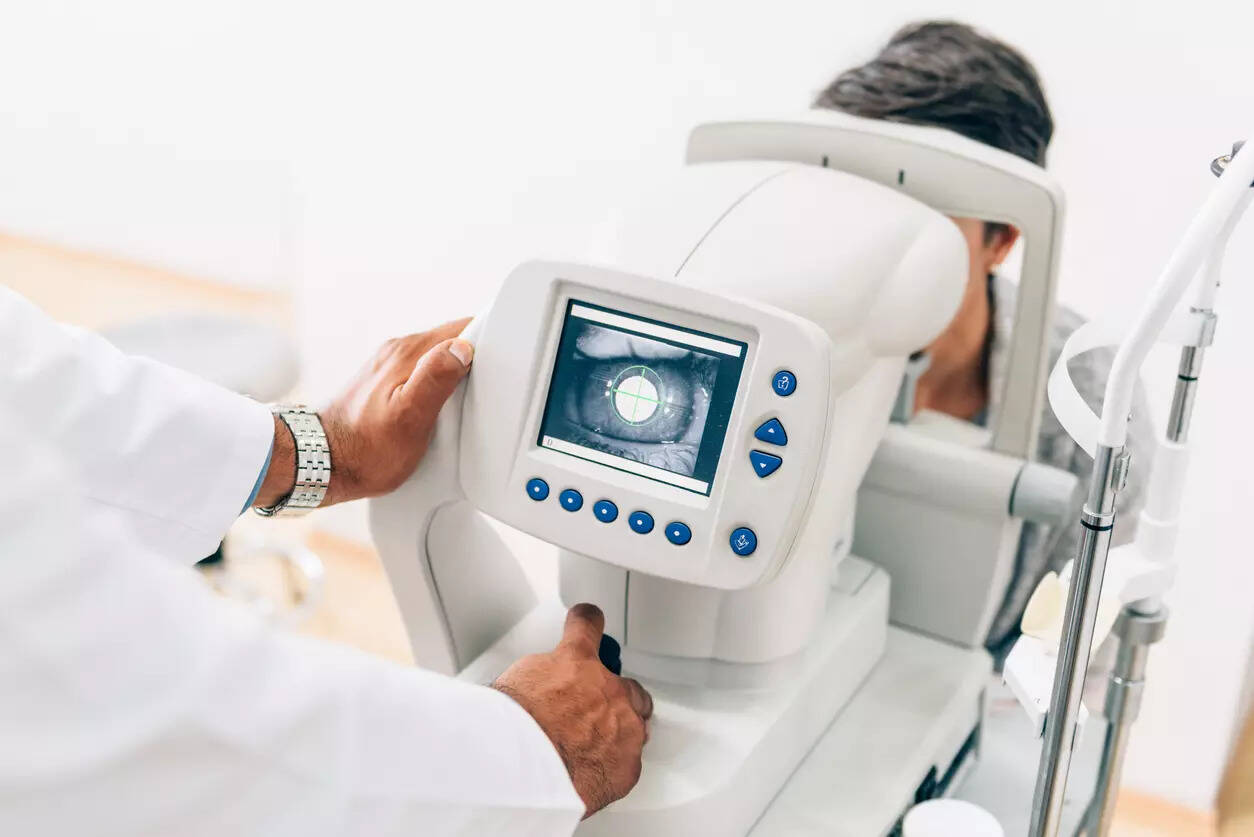
New Delhi: Routine eye tests may reveal early signs of Alzheimer’s disease, well before symptoms appear, according to a study in mice that researchers said strengthens the case that one’s retina can be a powerful biomarker for the neurodegenerative disease.
The study, published in the journal Alzheimer’s and Dementia, links abnormal changes in blood vessels of the retina in mice with a common gene variant known to increase the risk of Alzheimer’s disease.
“If you’re at an optometrist or ophthalmologist appointment, and they can see odd vascular changes in your retina, that could potentially represent something that is also happening in your brain, which could be very informative for early diagnostics,” said lead researcher Alaina Reagan, a neuroscientist at The Jackson Laboratory, a US-based biomedical research institution.
The retina — which forms part of the central nervous system — is considered an extension of the brain as they both share the same tissue, the researchers said.
Changes to blood vessels in the retina can, therefore, offer early clues about brain health and diseases like Alzheimer’s, according to Reagan.
“Your retina is essentially your brain, but it’s much more accessible because your pupil is just a hole, and we can see tons of stuff. All the cells are very similar, all the neurons are quite similar, all the immune cells are quite similar, and they behave similarly under pressure if you’ve got a disease,” the lead researcher said.
The study looked at mice carrying a gene mutation — ‘MTHFR677C>T’ — prevalence of which can vary up to 40 per cent in the population.
Retinas in the mice were found to have twisted vessels, narrowed and swollen arteries, and less vessel branching as early as six months of age, reflecting changes in the brain linked to poor blood flow and an increased risk of cognitive decline, the researchers said.
Blood vessels appearing more twisted and looped than normal can signal problems with hypertension, as the narrowing tissue limits nutrient and oxygen transport, Reagan said.
“We can see these wavy vessels in the retinas, which can occur in people with dementia. That speaks to a more systemic problem, not just a brain- or retina-specific problem. It could be a blood pressure problem affecting everything,” Reagan said.
A 2024 study, published in The Journal of the American Medical Association (JAMA) Network Open, had provided genetic evidence of how damage to blood vessels in ‘cerebral small-vessel disease’ in the human brain can cause dementia, of which Alzheimer’s disease is the most common form.






